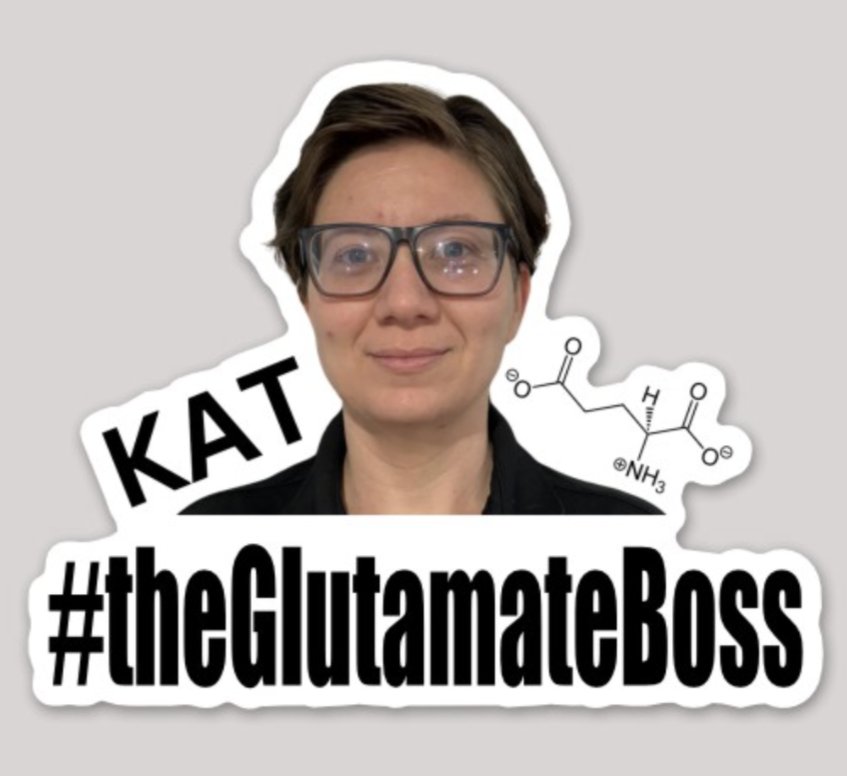1) 🧵 Our @remissionbiome team has been investigating how antibiotics can cause remission of ME/CFS & Long COVID symptoms.
We’re using AmoxiClav in our study, but many of these ideas may also apply to Amoxicillin on its own.
We’re using AmoxiClav in our study, but many of these ideas may also apply to Amoxicillin on its own.
https://twitter.com/SarahMcGinger/status/1924518755004031073
2) Here’s a simplified diagram of hypothetical mechanisms. (Stay tuned. We’re building this out to be dynamic with more detailed info & additional hypotheses it.) 

3) We’ve been tracking the microbiome before, during, & after AmoxiClav.
We saw shifts in my microbiome during remission while on AmoxiClav.
For example: ↓ gram-negative bacteria ↑ dopamine-producing bacteria
More here: cfsremission.com/2023/07/23/the…

We saw shifts in my microbiome during remission while on AmoxiClav.
For example: ↓ gram-negative bacteria ↑ dopamine-producing bacteria
More here: cfsremission.com/2023/07/23/the…


4) We have additional microbiome data collected before, during, & after AmoxiClav from over a dozen patients, which we are currently analyzing. We’ll see if my data was just an N=1 or if we find similar trends in the pooled data.
5) We’re also looking at changes in the immune system. Check out my N=1 cytokine results before, during, & after a transient remission event while on AmoxiClav.
This could be downstream of many possible causes & not due to the antibiotic directly acting on immune cells, but ...
This could be downstream of many possible causes & not due to the antibiotic directly acting on immune cells, but ...

6) It is possible that Amoxicillin has direct immunomodulatory effects.
pubmed.ncbi.nlm.nih.gov/39596729/
pubmed.ncbi.nlm.nih.gov/39596729/
7) In addition to changes in cytokines, we saw significant changes in classical monocytes with single-cell immune profiling. (Can’t draw any conclusions with my N=1 here, but it’s interesting & we’re going to follow up on it.)
More here: imyoo.health/post/n-of-1-st…

More here: imyoo.health/post/n-of-1-st…


8) One could argue that this could be downstream of treating reactivated infections or modifying the microbiome rather than direct effects. It’s hard to prove causality & there hasn’t been much research into more targeted immune effects of antibiotics (like using single-cell.)
9) Another one of our favorite hypotheses, which wasn’t part of our original ideas before we did the pilot study, is that AmoxiClav affects the glutamate system.
@katboniface came up with this idea and has been diving deep into it. We call her #TheGlutamateBoss.
@katboniface came up with this idea and has been diving deep into it. We call her #TheGlutamateBoss.

10) Beta lactam antibiotics, like AmoxiClav (& Amoxicillin to a lesser extent), have direct effects on glutamate transporters, but this is not well studied (yet.)
frontiersin.org/journals/neuro…
frontiersin.org/journals/neuro…
11) Watch Kat discussing glutamate in this recording at 15:35: youtu.be/8w09X_AJWjM?fe…
She has also has a ton of X posts about glutamate & antibiotics: x.com/search?q=gluta…
She has also has a ton of X posts about glutamate & antibiotics: x.com/search?q=gluta…
We're excited to share that Kat's hypothesis has sparked some work in the academic setting that might tell us more about possible glutamate mechanisms of remission!
https://x.com/tessfalor/status/1923377213505773819
13) Our team has been putting in a lot of work!
Stay tuned for more results & check out our YouTube channel: youtube.com/@renegaderesea…
Stay tuned for more results & check out our YouTube channel: youtube.com/@renegaderesea…
• • •
Missing some Tweet in this thread? You can try to
force a refresh









